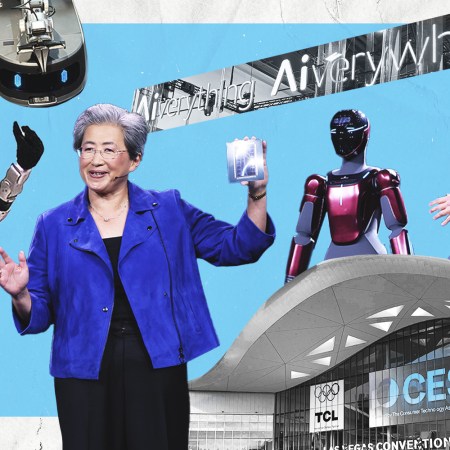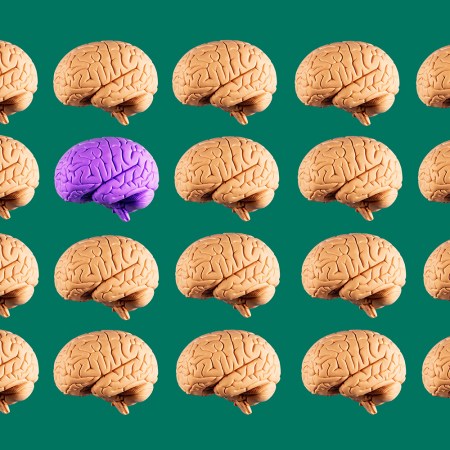Deep fake artificial intelligence technology has been blamed once again for mass deception, this time in the sports world. In its April 15 edition, a German tabloid magazine called Die Aktuelle ran a cover story saying in a headline that the publication had scored the “first interview” with Formula 1 racing legend Michael Schumacher since he suffered brain damage in a skiing accident nearly a decade ago. In fact, the conversation was AI-generated.
Schumacher, 54, has remained out of the public eye, though reports have trickled out about his condition since his fall on the slopes in December 2013. A former manager told The Telegraph four years ago that Schumacher “struggles to communicate.”
That didn’t stop Die Aktuelle from attempting to mislead its readers into thinking Schumacher had sat down with one of its reporters, as the word “interview” traditionally implies. Soon, according to Reuters and ESPN, two publications that have been in contact with a family spokesperson, Die Aktuelle will be sued by the Schumacher clan for producing the content, which leveraged AI to generate the conversation.
Will Artificial Intelligence Help Us Grieve?
One man lost his fiancee years ago. So he used an advanced A.I. to create a chatbot that mimicked her personality.The magazine’s defense will likely be focused on the text its printers supplied underneath the headline and in the pages of the magazine itself.
“A strapline underneath [the headline] reads ‘it sounded deceptively real,’ and it emerges in the article that the supposed quotes had been produced by AI,” reported BBC.com. “The article was produced using an AI programme called charatcter.ai, which artificially generated Schumacher ‘quotes’ about his health and family.”
Among the Schumacher “quotes” in the magazine that BBC.com highlighted: “I can with the help of my team actually stand by myself and even slowly walk a few steps” and “My wife and my children were a blessing to me and without them I would not have managed it. Naturally they are also very sad, how it has all happened. They support me and are standing firmly at my side.”
Per the Independent, Schumacher purportedly told the tabloid that his life has “completely changed” since the skiing incident, and that the period afterward was a “horrible time” for his family because he was in a “kind of artificial coma.”
Die Aktuelle and the Schumachers have clashed before.
“In 2014, the magazine posted a picture of Michael and wife Corinna on the front cover, with the headline ‘Awake’, only for the piece in question to have been about people who have awoken from comas in the past,” wrote ESPN. “The magazine also won a legal case against the Schumachers the next year after a front cover saying ‘a new love’ had entered Corinna’s life, only for the article to be about the couple’s daughter, Gina.”
Some believe litigations prompted by perceived abuses of AI are expected to increase in the coming years, as the technology becomes more prevalent in the mainstream. There’s already no shortage of related court cases.
As TechCrunch reported in January, Microsoft, GitHub and OpenAI are accused of violating copyright law in a class-action suit after the companies allegedly allowed a “code-generating AI system trained on billions of lines of public code, to regurgitate licensed code snippets without providing credit.” AI art tool creators Midjourney and Stability AI are also being sued for artists’ rights infringements “after training their tools on web-scraped images,” while stock image supplier Getty Images “took Stability AI to court for reportedly using millions of images from its site without permission to train” its AI art-generating machine.
The Schumacher case, however, will be one of likely a number of legal measures taken to suss out what is fair and foul in terms of consumer impact. Die Aktuelle editors seemed well aware they were walking a technical tightrope. We’ll see if the publication and others that try such linguistic tomfoolery fall off it.
The Charge will help you move better, think clearer and stay in the game longer. Subscribe to our wellness newsletter today.



















